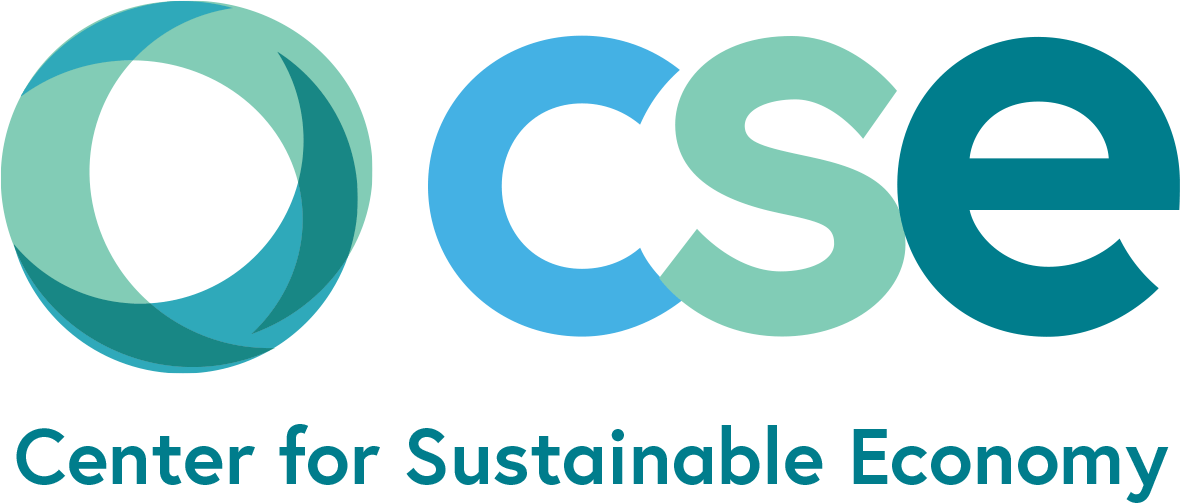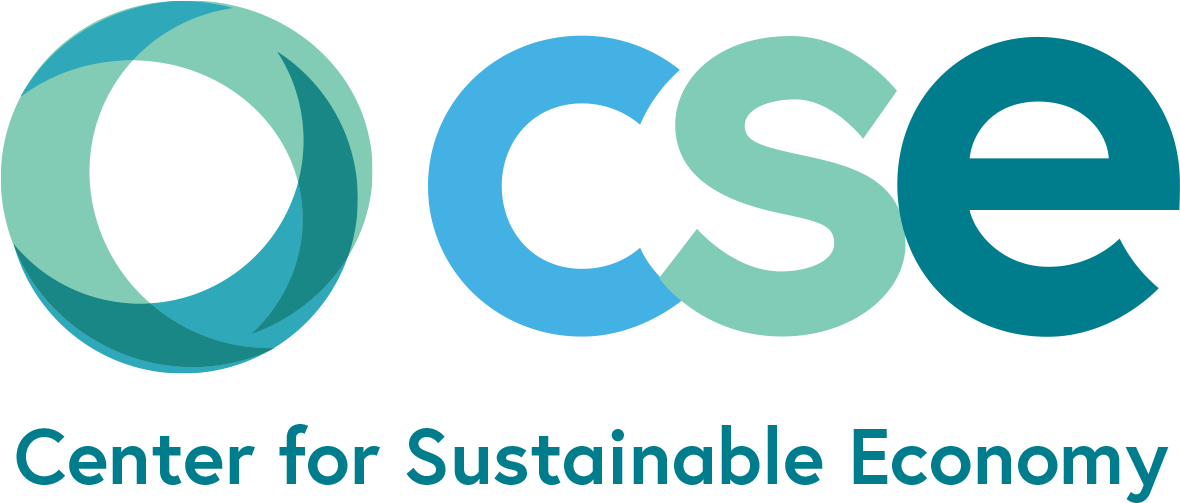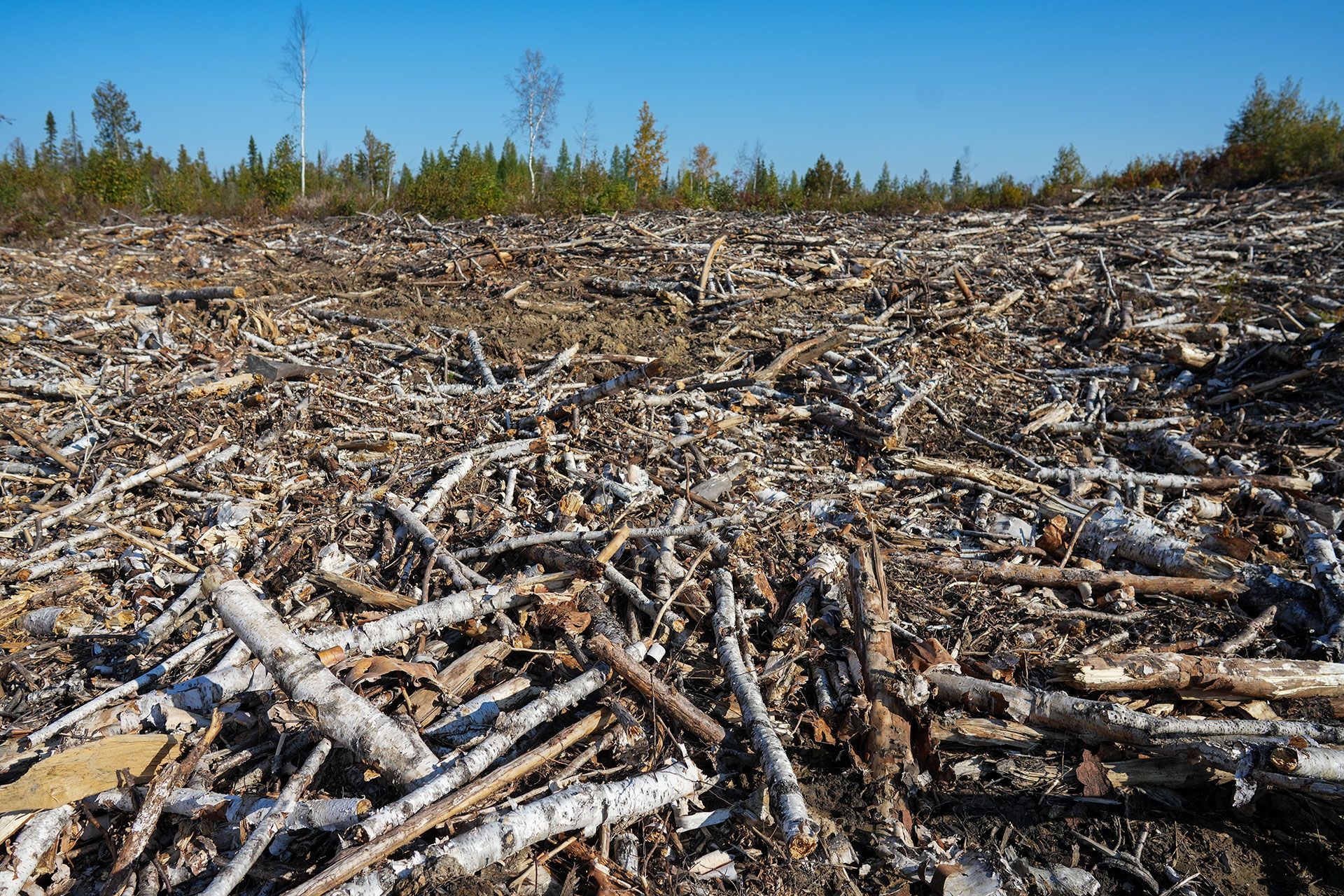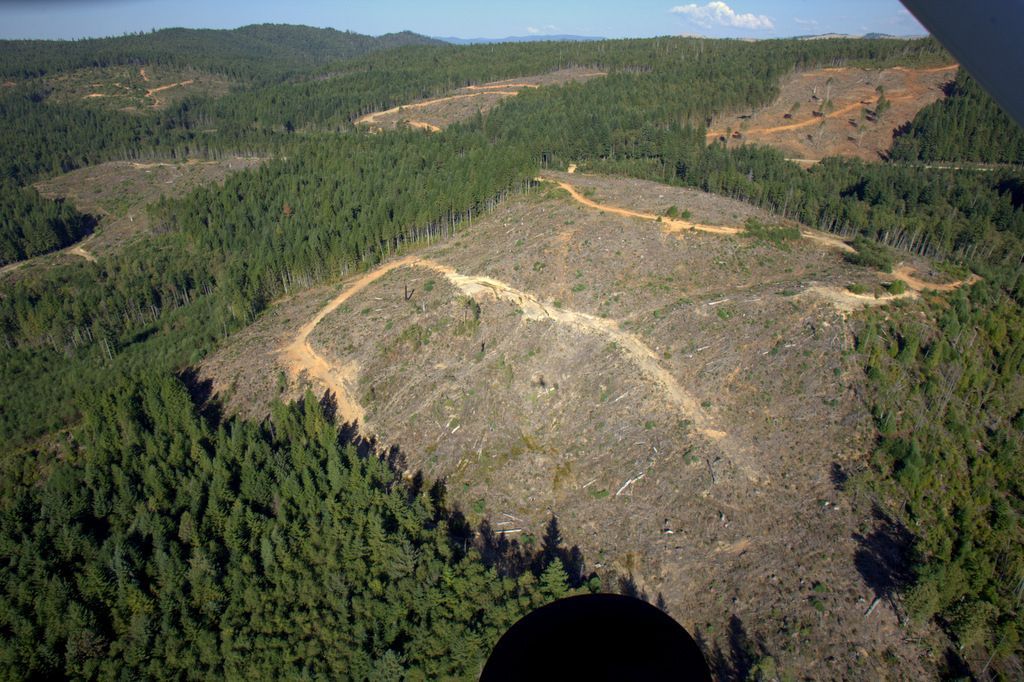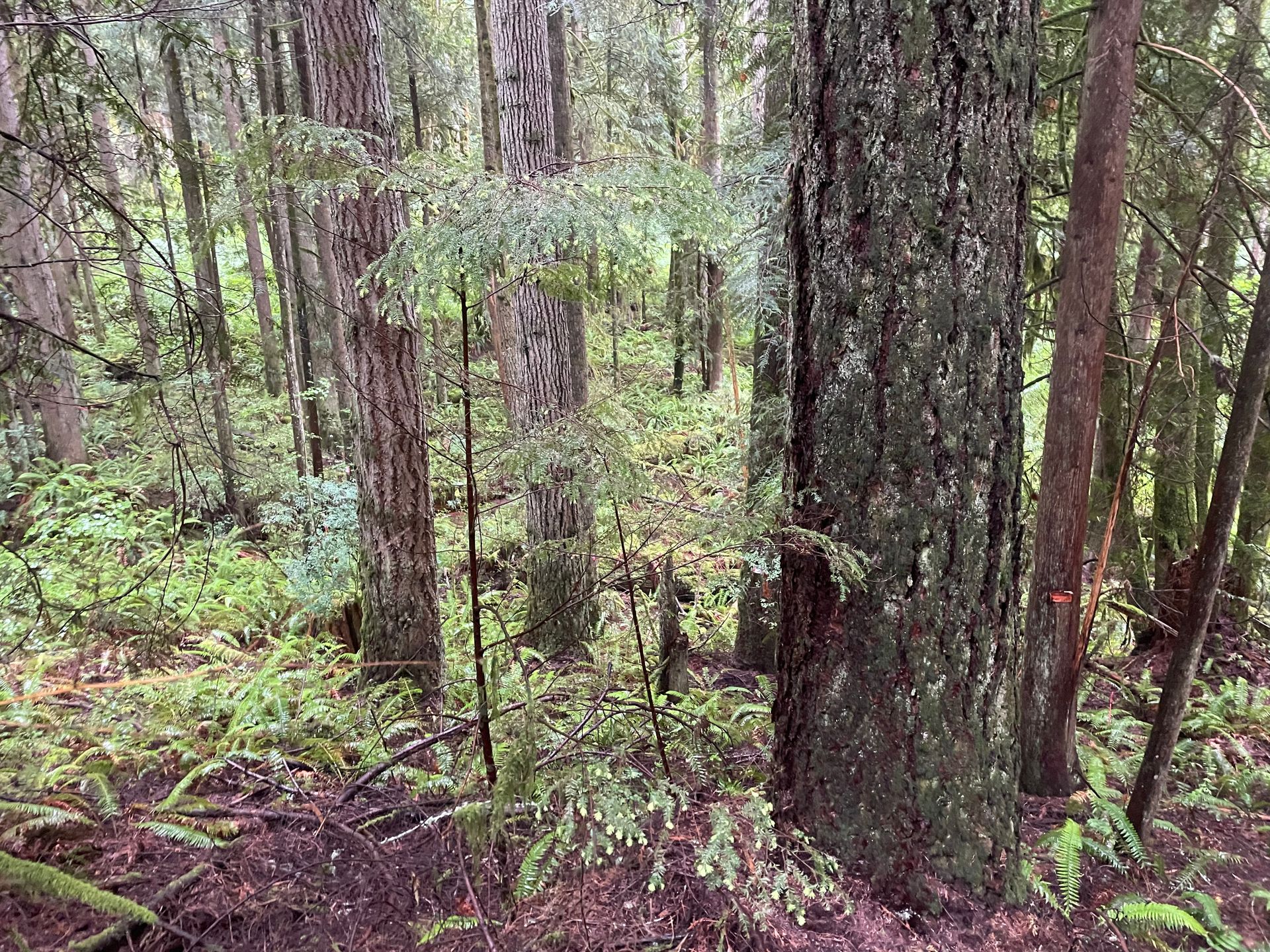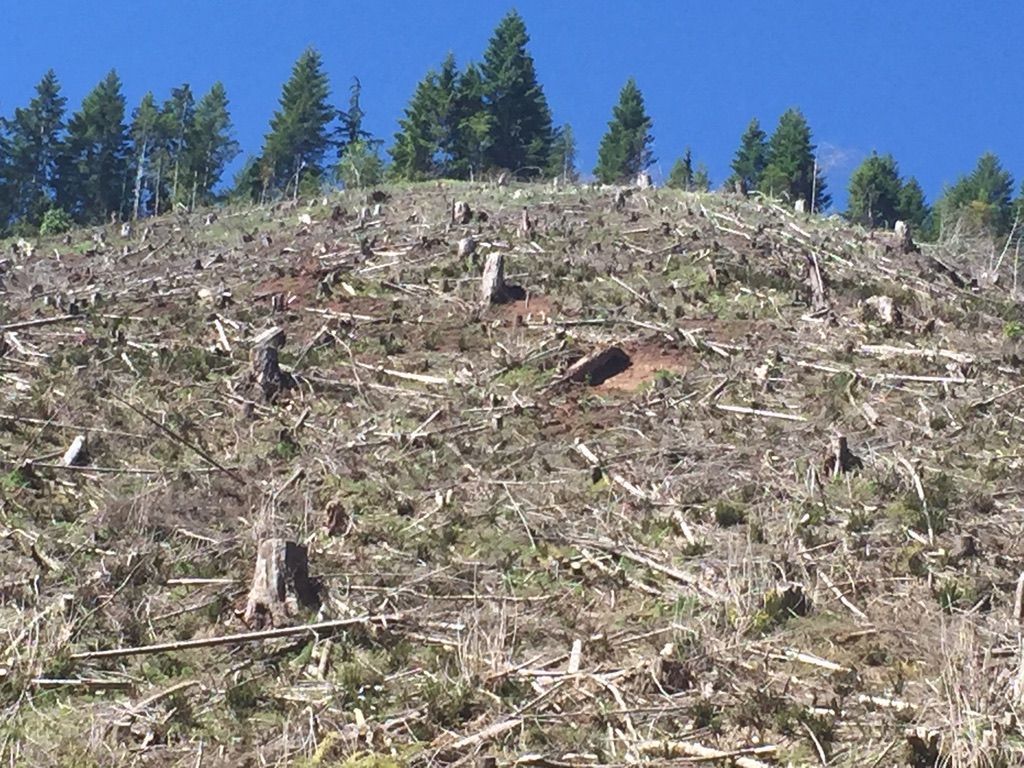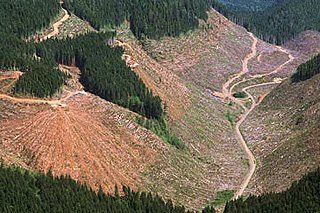FORESTS FOR CLIMATE AND BIODIVERSITY
PROGRAM OVERVIEW
If managed well, America’s forests can serve as one of nature’s most effective solutions to climate change. Intact forests in the US capture and store more carbon per acre than almost any terrestrial ecosystem on the planet and provide bulwarks against climate change by reducing health and safety risks associated with wildfires, heat waves, floods, water shortages, novel diseases, harmful algae blooms and severe storms. Intact forests in the US are also home to a dazzling number of plants, fungi, lichens, wildlife and fish that provide sustenance, medicines and genetic materials and are a big draw for scientific research, tourism, and recreation.
But most of America’s forests are not intact. They are in tatters. Expanding cities, logging, cattle herds, oil and gas wells, roads, transmission lines, off road vehicles, invasive species, pests and disease have decimated the continent’s once expansive forests to the point that only 27% of forests in the country are functioning at or near their ecological capacity. Seventy-three percent are degraded. In addition, the forests of today are just a fraction of what they used to be. Out of an original endowment of 617 million acres, US forestlands now encompass 512 million.
Center for Sustainable Economy works at the intersection of climate change and biodiversity to begin to turn things around. Our goals are to end deforestation and forest degradation as a key solution to the converging crises of climate change, extinction, and rural poverty. We work on legislative solutions, policy innovations, research and ecodefense and work at the national, state and local levels in the US.
CURRENT PROJECTS
FOREST CARBON COALITION
CSE helped found and now hosts a network of over 70 scientific, community, and conservation organizations across the US seeking to hold the Biden Administration accountable for ending deforestation and forest degradation in the US by 2030 as he has pledged to do at COP 26 in Glasgow last year. Visit the Forest Carbon Coalition site here.
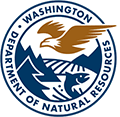
WASHINGTON DNR
CSE is working with partners across Washington State to halt timber sales on Department of Natural Resources forests that are driving climate change and making the land more susceptible to its effects and to diversify uses of the land to generate sustainable sources of income for nearby communities.

US FOREST CARBON PRICING
CSE and its partners are working to develop and promote market-based mechanisms including forest carbon tax and reward and no net loss programs for protecting forest carbon stocks and bolstering the ability of US forestlands to capture and store far more carbon than they are now.

FOREST CLIMATE AND ECONOMICS RESEARCH
CSE publishes peer reviewed research, reports, short form analyses and informative online posts documenting the economic, social, and environmental impacts of unsustainable forest management activities and the benefits of making a rapid transition to climate smart alternatives.

